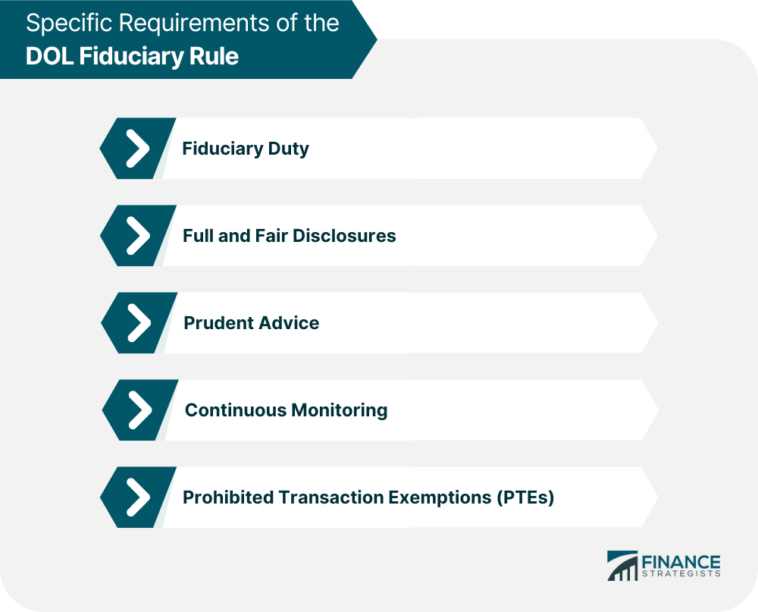The Nuances of Fiduciary Duty and ESG Factors in Investment Management
If you have ever invested money or contributed to a pension plan, chances are that some of your funds are managed by an asset manager. As an individual, you expect these fund managers to act in your best interests, earning you the highest possible returns for your risk tolerance. In the legal realm, this responsibility is known as fiduciary duty, a term that finds its origins in English property law from the Middle Ages.
However, recent years have seen increasing scrutiny of the concept of fiduciary duty. Questions have emerged regarding what factors should be taken into account when defining “best interests” in the context of investment management. While the logic underlying the concept may seem sound – legally mandating fund managers to act in your financial best interests – the picture becomes more complicated when ethical considerations, such as environmental, social, and governance (ESG) factors are taken into account.
The Changing Landscape of Fiduciary Duty
Traditionally, the fiduciary duty of asset managers has been fairly broad, encompassing a responsibility to maximize returns without taking undue risks. However, recent years have seen a growing awareness of the impact of factors such as climate change, social responsibility, and governance practices on investment outcomes.
This evolution has been driven in part by research demonstrating that ESG factors may be financially material, meaning that they can have a direct impact on investment performance. For instance, companies with poor governance practices may be more prone to scandals and reputational damage, ultimately leading to lower stock prices. Similarly, environmental risks can pose significant financial threats, such as sea level rise potentially damaging property assets.
However, despite the growing recognition of ESG factors’ impact on investments, fiduciary duty remains focused primarily on financial optimization, with the assumption being that financial issues should be given priority over ethical ones.
The Florida Ban on ESG Factors
In 2023, Florida signed into law a ban on the consideration of ESG factors in investment decision-making. The reasoning behind this move was to protect against the principal-agent problem, which arises when the interests of those holding the money – the principals – are not aligned with those managing it – the agents. For example, asset managers may be incentivized to take more risks than investors are comfortable with by chasing upside potential – as managers are typically rewarded for exceeding performance targets without necessarily being penalized for underperformance. The ban on ESG factors was intended to prevent these issues from arising, by focusing asset managers on purely financial calculations.
While the ban may seem sensible at first glance, in reality, things are more complicated. Many ESG factors can be financially material, so banning their consideration may limit the potential for fund managers to optimize returns and perform their fiduciary duty. For example, climate risks can be financially material – meaning they can directly impact investment performance through losses or reduced returns. By ignoring these factors, asset managers are potentially neglecting their fiduciary duty to fully evaluate risks, and account for them in their investment decisions.
Rebalancing Financial and Ethical Considerations
The controversy around fiduciary duty and ESG factors highlights the need for a more nuanced approach to investment management. Rather than favoring financial returns over ethical considerations, it’s essential to recognize that ethical considerations can also be financially material. By ignoring ESG factors, both investors and society at large may be exposed to risks that are unaccounted for, and which ultimately erode investment returns over time. ESG factors provide a more holistic view of investments, allowing a more complete assessment of risk and return potential.
Balancing financial returns with responsible investing can lead to more inclusive, equitable, and sustainable investment practices. Investing in companies that prioritize ESG factors, such as renewable energy firms and others in the sustainability space, not only benefits the environment and society, but ultimately has the potential to provide higher investment returns.
In conclusion, while fiduciary duty has been an essential concept in the legal landscape, it’s essential to reassess its role as society becomes increasingly aware of the financial implications of environmental, social, and governance issues. A more nuanced approach to investment management can ensure that asset management practices align with the interests of both investors and society as a whole.
Originally Post From https://daily.jstor.org/environmental-social-and-governance-factors-v-fiduciary-duty/
Read more about this topic at
DOL Rule Clarifies that ESG Analysis is Consistent with …
Future Returns: Navigating Fiduciary Duty and ESG


